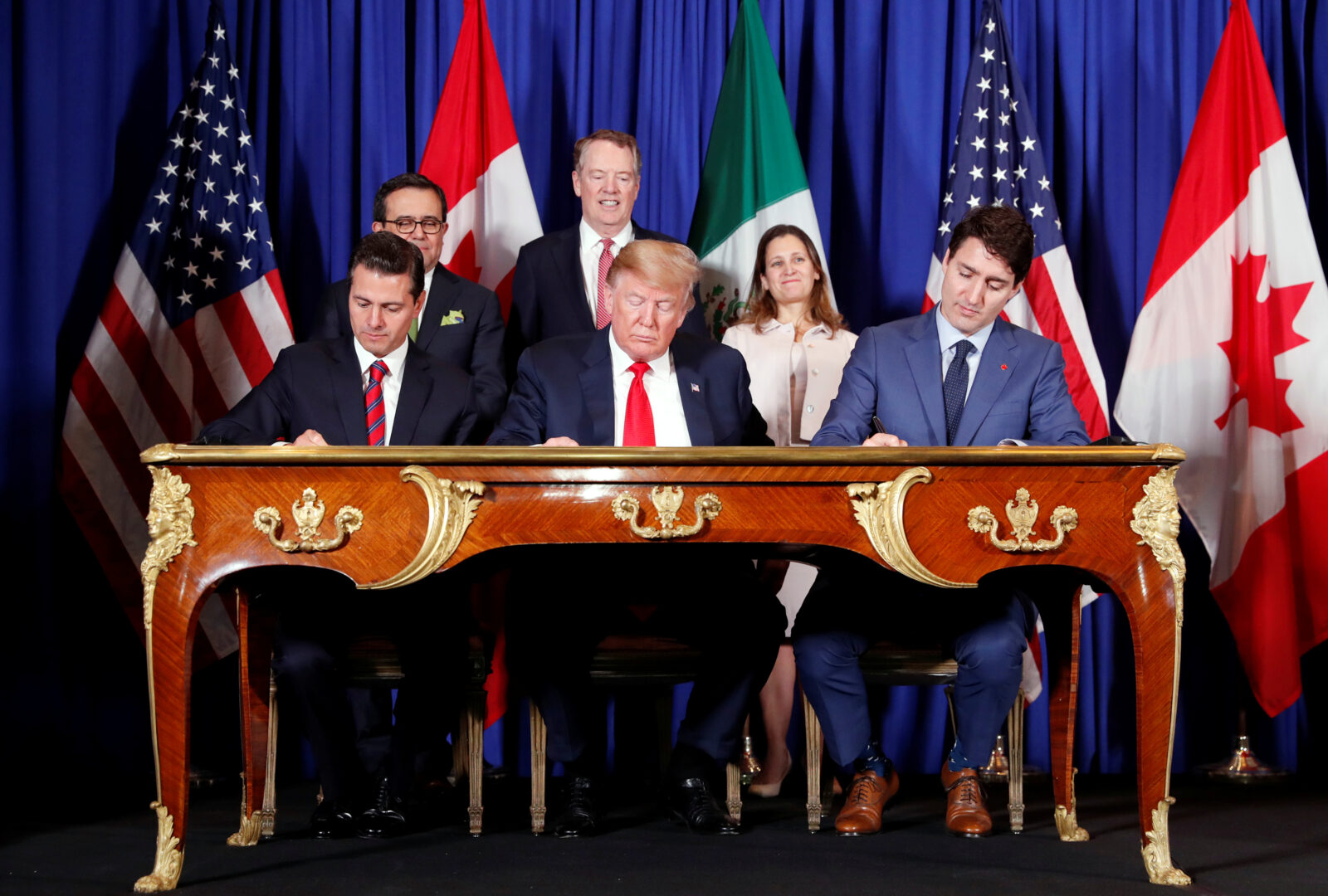The USMCA Review: What Future for North American Economic Integration?
More than three decades after the U.S., Canada, and Mexico signed the initial North American Free Trade Agreement, the future of ever-deepening integration in the continent is up for grabs. In his first term in office, President Trump renegotiated NAFTA to create a new agreement, USMCA, with a provision for a review in 2026. The renewal of USMCA with minor tweaks might once have seemed a formality, but has become increasingly fraught as the White House levied a flurry of tariffs within USMCA and negotiated “deals” with third countries that could put the pact’s members at a disadvantage.
A promise of a continental bloc strengthened by nearshored supply chains has run into the political challenges in Washington of reshoring within America and of promising access to U.S. markets to boost foreign policy or inbound investment goals. Meanwhile, technological changes outside North America raise questions about how the region can best retain its economic primacy even as rising uncertainty about U.S. geopolitical goals pushes more countries towards hedging behavior. What is the likely future of the USMCA? What implications does it have for U.S.-Mexico and U.S.-Canada geoeconomic relations? How should stakeholders in the United States formulate their strategies?
To discuss these questions, we are hosting a panel discussion featuring Susan Helper, Frank Tracy Carlton professor of Economics at the Weatherhead School of Management at Case Western Reserve University and former Chief Economist of the U.S. Commerce Department; Arturo Sarukhan, president of Sarukhan + Associates, LLC, and former Ambassador of Mexico to the United States; and Flavio Volpe, president of the Automotive Parts Manufacturers’ Association (APMA) of Canada. The discussion will be moderated by Karthik Sankaran, senior research fellow, Geoeconomics, in the Global South Program of the Quincy Institute for Responsible Statecraft.
Program
Panelists
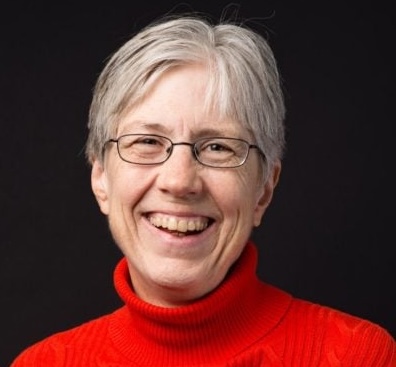
Susan Helper
Susan Helper is the Frank Tracy Carlton professor of Economics at the Weatherhead School of Management at Case Western Reserve University. She was formerly Chief Economist at the U.S. Department of Commerce and a member of the White House Staff. She has served as chair of the Economics Department, and has been a visiting scholar at University of Oxford, the University of California (Berkeley), Harvard University and the Massachusetts Institute of Technology (MIT). Her research focuses on the globalization of supply chains, and on how U.S. manufacturing might be revitalized. Dr. Helper received her PhD in Economics from Harvard and her BA from Oberlin College in Economics, Government and Spanish.
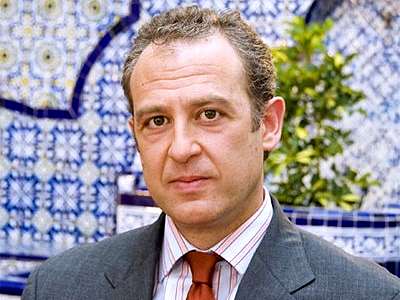
Arturo Sarukhan
Ambassador Arturo Sarukhan is an international strategic consultant and advisor, public speaker, and media contributor based in Washington, D.C., and a former Mexican ambassador to the United States (2007–2013). President of Sarukhan + Associates, LLC, he’s a distinguished visiting scholar at the USC Annenberg Public Diplomacy School and a postgraduate professor at the Johns Hopkins University School of Advanced International Studies. He served in the Mexican Foreign Ministry as deputy assistant secretary for Inter-American affairs, chief of policy planning, and consul general to New York, among other positions. In 2006, after requesting a leave of absence from the Foreign Service, he joined the presidential campaign of Felipe Calderón. He then became coordinator of the foreign policy transition team and was appointed ambassador to the United States. He holds a BA in international relations from El Colegio de México and an MA in U.S. foreign policy from the School of Advanced International Studies of Johns Hopkins University, where he was a Fulbright Scholar and Ford Foundation Fellow.
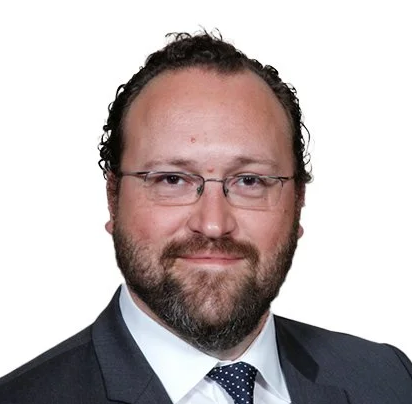
Flavio Volpe
Flavio Volpe, C.M., President of the Automotive Parts Manufacturers’ Association (APMA), is one of the most influential voices in Canada’s manufacturing and automotive sectors. A Member of the Order of Canada, Flavio has led the APMA since 2014, championing Canadian innovation and competitiveness on the global stage. He was instrumental in securing stronger regional content rules during the USMCA negotiations and mobilized Canada’s automotive supply chain to produce critical medical equipment at the height of the COVID-19 pandemic. Most notably, he spearheaded Project Arrow—the first-ever, all-Canadian, zero-emissions autonomous concept vehicle—demonstrating Canada’s leadership in advanced manufacturing, clean tech, and mobility innovation. Widely recognized as a visionary, Flavio has been named Industry Leader of the Year by Automotive News, featured on the Maclean’s Power List, and counted among the Hill Times’ Most Influential People.
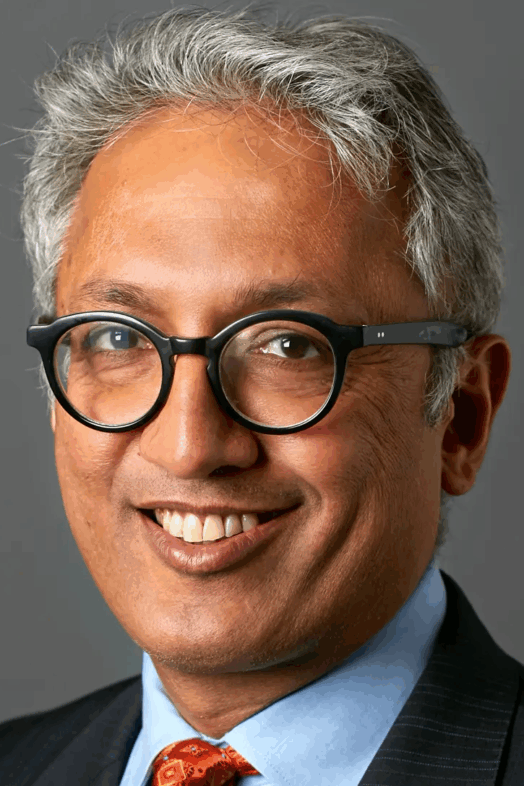
Karthik Sankaran
Karthik Sankaran is a senior research fellow in geoeconomics in the Global South program at the Quincy Institute for Responsible Statecraft. Among other projects, he recently completed a brief on the U.S. - Mexico economic relationship. Originally trained as a historian, he had a long career in finance beginning in 1997, where he focused on foreign exchange and fixed income in emerging markets. He then joined Eurasia Group as Director, Global Strategy, where he worked with country and regional teams to chart feedback loops among political and geopolitical risks, macroeconomics, and market responses. His interests include the structure of the international monetary and financial system; strategies for economic development and resilience; and the weaponization of finance and trade.

